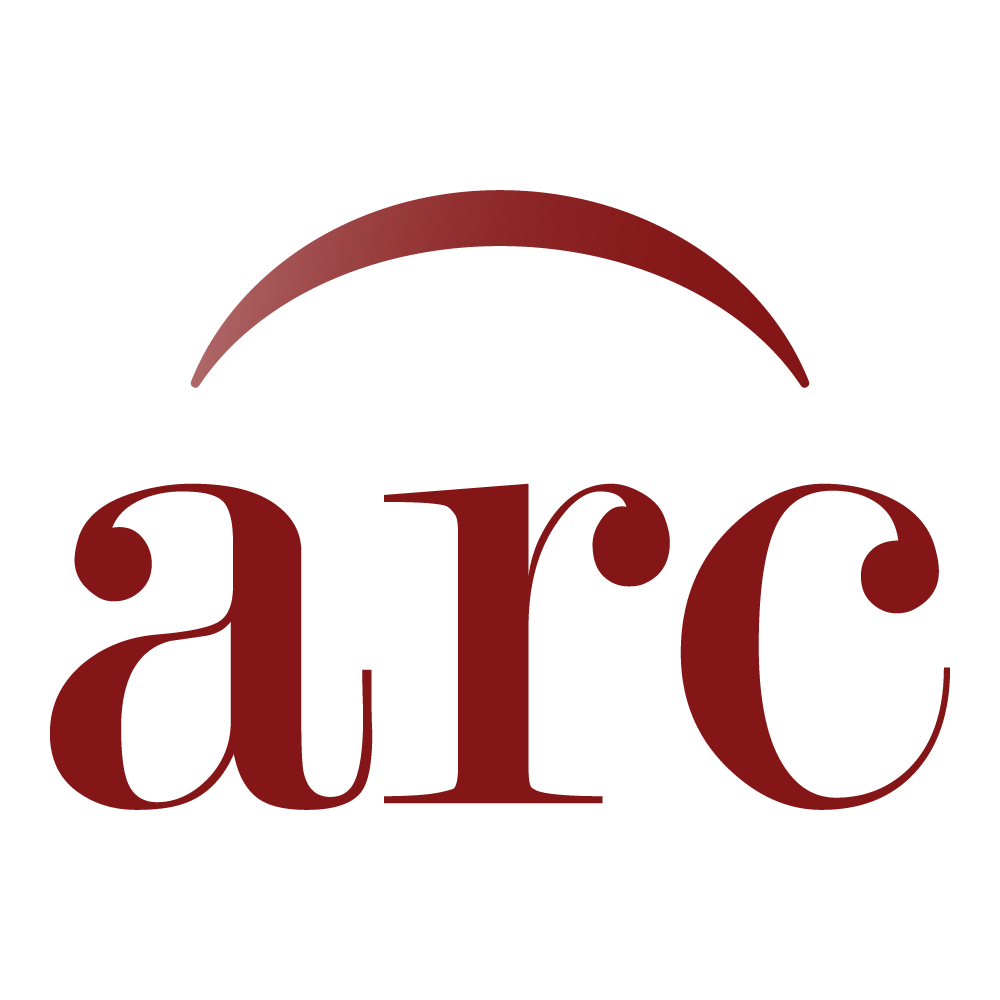Morgan, Dick T. (Dick Thompson), U.S. House of Representatives from Oklahoma (1909-1920); Member of theIllinois House of Representatives (1880-1881), 1853-1920
Person
Biographical:
Dick T. Morgan was born on December 6, 1853, in Vigo County, Indiana. He received a B. S. in 1876 from Union Christian College (Meron, Indiana) and a LL. B. in 1880 from Central Law School (Indianapolis). From 1880 to 1881, he served in the Indiana state legislature. In 1889 he moved to Guthrie, Oklahoma, where he practiced law, dealt in real estate, and became active in politics, the Republican Party, and religious affairs. He ran for territorial delegate to Congress in 1900 and 1902, and in 1904 President Theodore Roosevelt appointed him Registrar of the U. S. Land Office at Woodward. In addition, he wrote several legal manuals, including Morgan's Digest of Oklahoma Statutes and Supreme Court Decisions (1897), Land Credits (1915), and numerous other books on land law and the farm mortgage system. Morgan represented Oklahoma's Second District in the U. S. Congress from 1909 to 1915 and the Eighth District from 1915 to 1920. His opponents in the 1910 and 1912 elections, E. L. Fulton and John J. Carney respectively, contested the results because of the grandfather clause in the state constitution that virtually prohibited African Americans from voting. Both elections were upheld, however. During his congressional career, Morgan served on the following U. S. House committees: Expenditures in the Treasury Department, Public Lands, and Judiciary. Land law and farm mortgages still held Morgan's interest while in Congress, and he sponsored the Rural Credits Bill that was enacted in 1916. En route to Oklahoma, Morgan died of pneumonia on July 4, 1920, in Danville, Indiana.
Found in 1 Collection or Record:
Dick T. Morgan Collection
Collection
Identifier: CAC-CC-039
Scope and Contents
The Morgan Collection, of more than 10 cubic feet and primarily covering the period 1880-1920, contains numerous series: Family and Personal Correspondence; Political and Business Correspondence; Subject Files; Speeches (chronological arrangement); Speeches (alphabetical arrangement by subject); Congressional Bills and Publications; Religious Material; Cards, Invitations, Memorabilia, Pamphlets, Programs, Travelogues, etc.; Scrapbooks and Bound Materials, Clippings and Miscellany; and Outsized....
